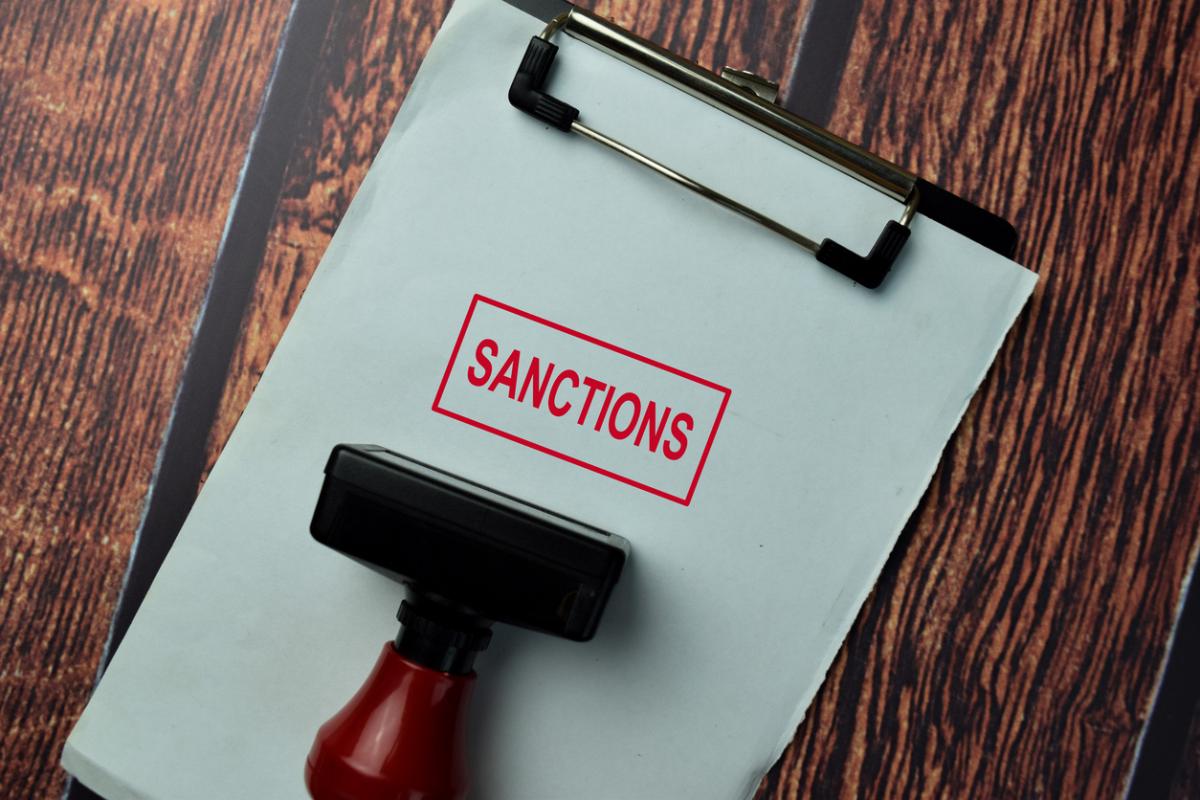
The Texas Board of Physical Therapy Examiners (the Board) licenses and regulates physical therapists and physical therapist assistants to ensure they comply with all applicable laws and rules. As an integral part of its responsibilities under state law, the Board receives and investigates complaints against licensees and initiates disciplinary action if needed. Disciplinary proceedings can seriously affect your professional license. Therefore, if you receive a complaint that could result in sanctions against your license, we urge you to seek assistance from an experienced physical therapist license defense lawyer.
When Can the Board Take Disciplinary Action Against a Physical Therapist?
The Board can take disciplinary action against a physical therapist for various reasons. These grounds include:
- Intemperate use of drugs and/or alcohol;
- Attempting to obtain or obtaining a license by fraud, falsification, or deception of an application or examination procedure;
- Having a license to practice physical therapy or another health profession revoked or suspended in another state, territory, or nation;
- Gross negligence in the practice of physical therapy;
- Adjudication as mentally incompetent; or
- Conviction of a felony or misdemeanor criminal offense that directly relates to the practice of physical therapy.
What Disciplinary Sanctions Can the Board Seek Against a Physical Therapist?
Click to contact our professional license defense lawyers today
The Board can seek various disciplinary sanctions against a physical therapist for the reasons above or another rule or law pertaining to physical therapy. Potential sanctions can include:
- The issuance of a reprimand;
- The assessment of an administrative penalty;
- License suspension and placement on probation; and
- License revocation.
Complete a Case Evaluation form now
How Does the Board Determine What Penalty and/or Sanction to Assess in a Disciplinary Case?
The Board maintains a Schedule of Sanctions under 22 Tex. Admin. Code §344.1(c). This Schedule lists common violations of rules and laws related to the practice of physical therapy and the recommended sanctions for each violation. When determining the appropriate sanction and/or penalty to assess a physical therapist in a disciplinary case, the Board considers the Schedule of Sanctions, along with the following factors:
- The seriousness of the violation, including:
- The nature, circumstances, extent, and gravity of the violation; and
- The hazard or potential hazard created to the health, safety, or economic welfare of the public;
- The history of previous violations;
- The amount necessary to deter future violations;
- Efforts to correct the violation;
- The economic harm to the public interest or public confidence caused by the violation;
- Whether the violation was intentional; and
- Any other matter that justice may require.
What is a reprimand?
A reprimand is a public and formal censure against a license.
How Much Are the Fines and Penalties by the Board?
The Board may assess fines that do not exceed $200 per day of the offense. For a first offense, the potential fine can range between $100 and $1,000, and for a second or subsequent offense, it can range between $200 and $5,000.
How Long Can My License Be Suspended For?
A license suspension, or the temporary withdrawal of a license, of a physical therapist can last for one or more days, weeks, months, or years. The physical therapist is placed on probation for the duration of the suspension. The physical therapist’s license is automatically reinstated at the end of the suspension period.
What Happens if a Physical Therapist is Placed on Probation?
A license suspension by the Board results in the physical therapist being placed on probation, which requires the physical therapist to comply with certain other conditions as the Board deems necessary. For example, the terms and conditions of probation may require the physical therapists to regularly report to the Board. The Board may temporarily restrict their practice area(s) or subject them to mandatory supervision by a professional in their field. A probation order also could require physical therapists to complete additional professional education courses or training related to the area of the violation.
What Happens if Physical Therapists Violate the Terms of Their Probation?
If the Board finds that physical therapists have violated the terms of their probation, they can take additional disciplinary action against them as warranted, following notice and a hearing.
How Long Does a License Revocation Last?
A license revocation lasts for a minimum of one year.
When Can a Physical Therapist Whose License Has Been Revoked Ask for License Reinstatement?
The Board will consider a reinstatement petition no sooner than 180 days after the revocation order becomes final and enforceable. The individual must provide evidence to the Board of their rehabilitation or current fitness to hold a license. Upon denial of a reinstatement petition, the individual can only file another once at least one year has passed from the date of denial of the previous petition.
Can the Board Set Any Conditions Before Reinstating a Revoked License?
Although a Board can grant or deny a petition to reinstate a revoked license, it can also reinstate a license based on certain conditions. For instance, the Board can condition a license reinstatement on satisfactory completion of an approved specific performance or remedial education. It can also require that the physical therapist’s practice be monitored for a specified period.
We Are Here to Defend You Before the Board
When the Board notifies you that you are the subject of a complaint, you may not know where to turn. You should immediately call a physical therapist license defense attorney in this situation. We stand ready to represent your interests and defend you against the allegations you are facing. Call us today at (512) 856-6596 to reach the offices of Bertolino LLP or contact us online.
Call or text (512) 476-5757 or complete a Case Evaluation form
















